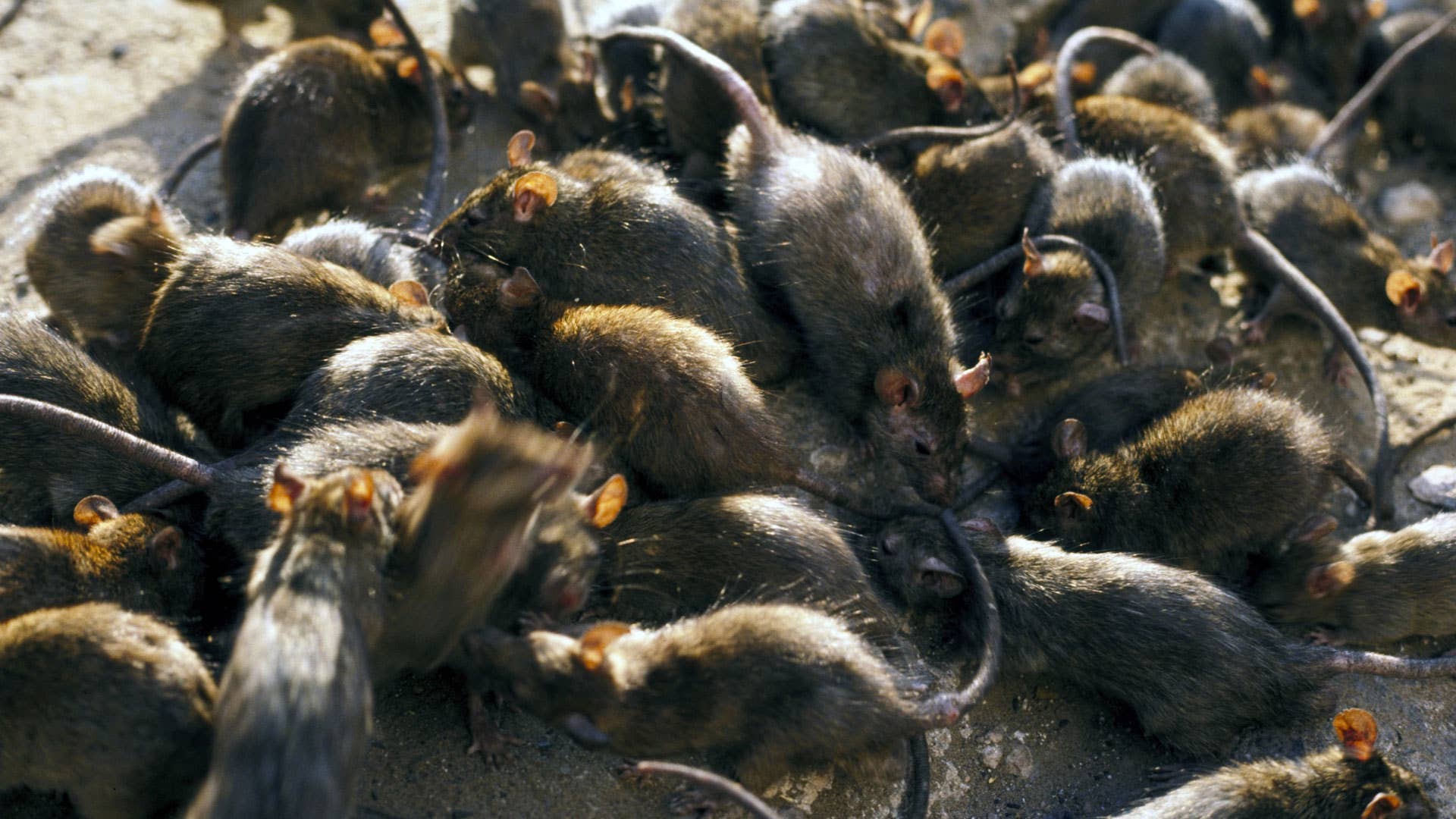
Health officials in Michigan have confirmed the state’s first human case of Sin Nombre hantavirus, an illness you can catch from rodents (specifically from their urine, saliva, or poop) but not from other people.
According to the Michigan Department of Health and Human Services (MDHHS) an adult woman had to go to the hospital for a serious pulmonary illness resulting from hantavirus. She has since been treated, and is no longer at the hospital. MDHHS thinks she contracted it while cleaning a dwelling that had signs warning of an active rodent infestation.
That place had been unoccupied for two years.
“We believe the individual was exposed when cleaning out the dwelling. Fecal matter … from the infestation likely became airborne during cleaning and was inhaled by the individual,” said a spokeswoman for the Washtenaw County health department, Susan Ringler-Cerniglia. “This infection is still considered very rare and can be avoided, even with significant infestations, with precautions when cleaning.”
Local 4 adds that hantavirus pulmonary syndrome (HPS), which occurs worldwide, has stricken people throughout the U.S. and the Americas since it was first found in sickened patients in the southwest states in 1993. Hantavirus infections are usually the result of activities that put humans around infected rodents. People can get it from disturbing or inhaling the aforementioned recently dried excreta from rodents, or by ingesting water/food that’s been contaminated. You can also get it from bites. And also most cases have been tied to the spring and summer.
“HPS is caused by some strains of hantavirus and is a rare but severe and sometimes fatal respiratory disease that can occur one to five weeks after a person has exposure to fresh urine, droppings or saliva from infected rodents,” said the chief medical executive and chief deputy for health at MDHHS, Dr. Joneigh Khaldun, in a statement. “Anyone who comes into contact with rodents that carry hantavirus is at risk for HPS and healthcare providers with a suspect case of hantavirus should contact their local health department to report the case and discuss options for confirmatory testing.”
Symptoms of HPS include the following unenviable issues: fever, chills, body aches, headache and gastro-intestinal signs such as nausea, vomiting, diarrhea and abdominal pain. If it gets worse you can also have coughing and shortness of breath. Roughly 38 percent of those who contract HPS die.
Though it’s not something to go into complete panic mode over (note that first human case in Michigan state history part) tips were provided on how one could avoid the illness should one be concerned.
“You can prevent exposure to hantavirus and other diseases by taking steps to keep mice and rats out of your home and properly cleaning rodent urine, dropping and nesting materials (including using disinfectant) if you see rodents or evidence of rodents around your home,” added Ringler-Cerniglia.
Most disinfectants work. Also if you have a heavy rodent infestation you may just want to hire a professional.
“Things such as seeing a rodent while out for a walk or a hike pose no risk to you,” Ringler-Cerniglia continued. “Similarly, if your pet finds or kills a rodent, neither dogs nor cats can transmit hantavirus to humans.”

